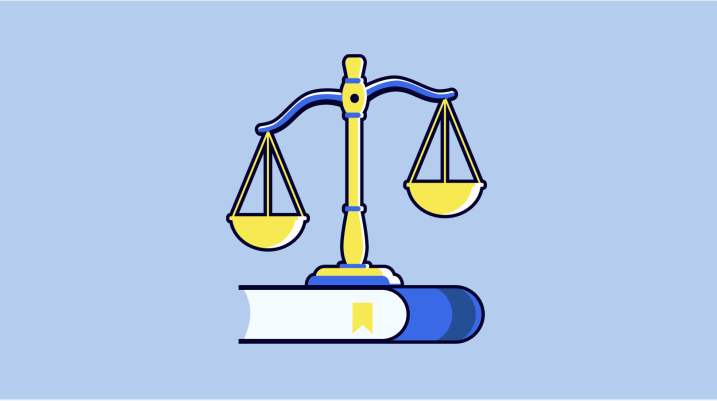What’s the difference between a settlement and a verdict?

You’ve heard the terms ‘settlement’ and ‘verdict’, but what’s the difference between them anyway?
Both terms refer to the compensation in a personal injury claim, but they’re each describing a different process in how it came to be.
A settlement is an agreement between your lawyers and the defendant’s lawyers (the side being sued) made outside of the courtroom. For example, an insurance company could offer you a $70,000 settlement before going to trial to cover medical costs and lost wages. A settlement can also be reached during the days or weeks the trial is happening, but not during the actual court proceedings.
If you’ve ever heard someone say, “we reached a deal,” they’re talking about a settlement.
A verdict is the amount of money a judge or jury awards you at the end of the trial. After they’ve heard all the arguments and seen all the evidence, they’ll decide if the person or business being sued is at fault and how much they owe you for things like past and future medical costs, pain and suffering, emotional distress, and more.
In short, a settlement is reached outside of court and a verdict is reached inside of one.
Injured? Getting the compensation you deserve starts here.

Injured?
Not sure what to do next?
We'll guide you through everything you need to know.
